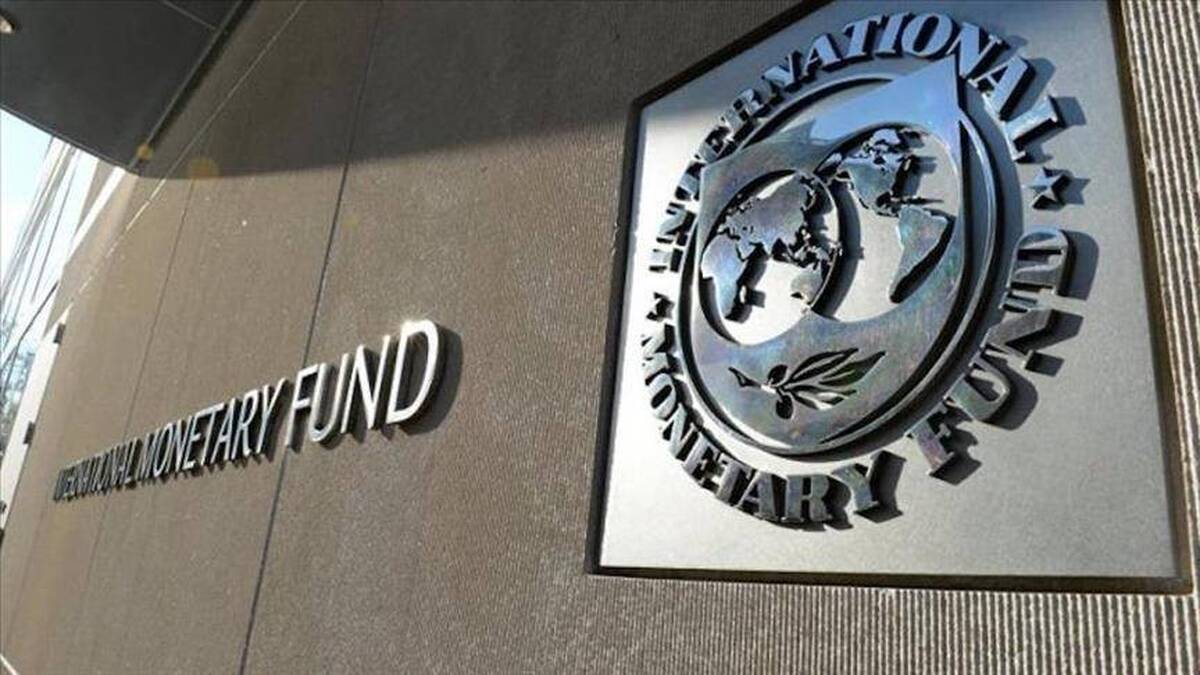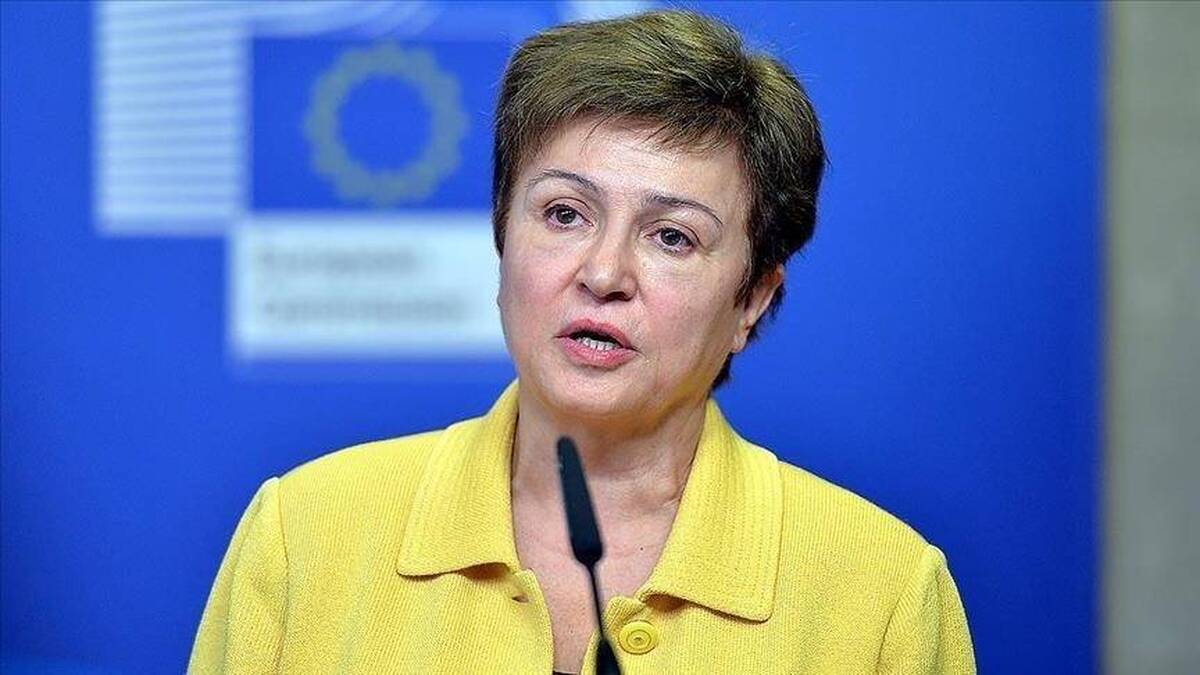IMF Calls on European Central Bank to Keep Hiking Rates to Tame Inflation

Europe faces the difficult task of sustaining the recovery, defeating inflation, and safeguarding financial stability, as its strong exit from the pandemic was interrupted by the war which slowed growth, triggering inflation and financial stress, IMF European Department head Alfred Kammer told a news briefing before the release of a regional economic outlook report.
"Faced with such uncertainty, central banks should maintain tight monetary policy until core inflation is unambiguously on a downward path back to central bank inflation targets," he said, adding that further hikes in policy rates are required in the euro area.
The eurozone gross domestic product (GDP) is projected to grow 0.8% this year, upwardly revised from 0.5% previously forecast in October, the IMF said.
The monetary fund cut its eurozone growth forecast for next year by 0.4 points to 1.4%.
Growth in Europe’s advanced economies is foreseen to slow to 0.7% this year following growth of 3.6% last year, while emerging economies (excluding Türkiye, Belarus, Russia, and Ukraine) will also see a sharp decline from 4.4% to 1.1%, Kammer said.
Eurozone inflation is foreseen to average 5.3% in 2023 and 2.9% in 2023, above the ECB’s target of 2%.
The euro area's annual consumer inflation rate was confirmed at a 13-month low of 6.9% in March, according to the latest data.
To defeat sticky inflation while avoiding a financial crisis and recession, all macroeconomic, financial and structural policies need to work in concert, Kammer said.
"Fiscal policy across Europe needs to be aligned with the tightening of monetary policy and that means that across Europe, more consolidation right now would be better in terms of helping on the inflation front. That's a recommendation to virtually all governments in Europe," he explained.
4155/v
























